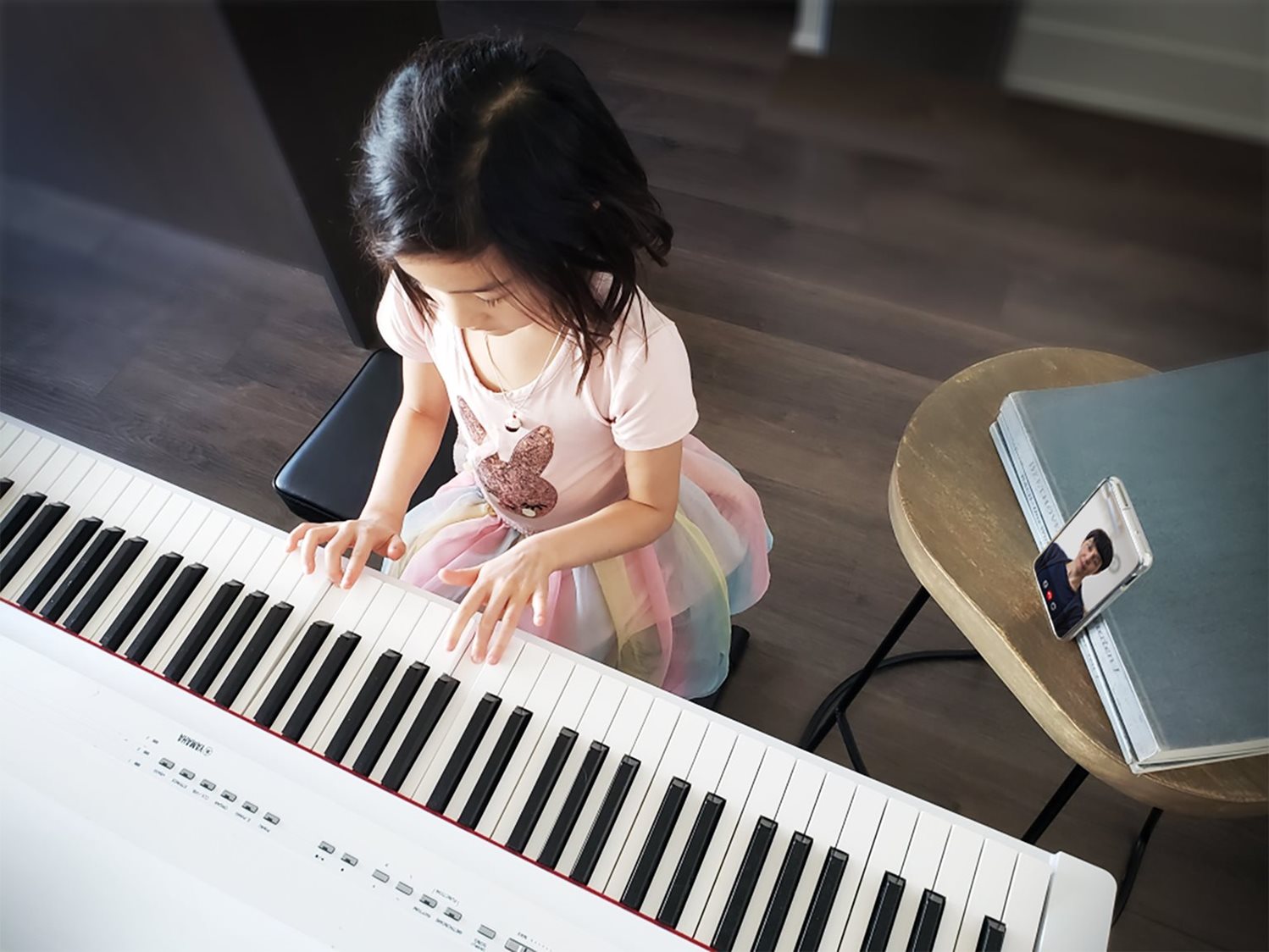I can’t count the number of times I’ve been in the kitchen and realized I’m out of ketchup, and then I tell myself to pick it up the next time I’m at the store. When I’m at the store, however, it never crosses my mind to pick up the ketchup — until I walk back into the kitchen and realize we’re still out of it. There’s something about being in the kitchen that jogs my memory. And this isn’t unusual. In this article, I’ll explain how memories are contextual, how sound can cue memory, and the benefits of taking exams from home.
Memory is rarely perfect, and is highly dependent on contextual cues or memory tips. When it’s time to recall that memory, having those cues can give your mind a toehold, a little tip to direct you to the rest of the memory. The more cues you have available, the easier it is to remember something.
Memories Are Contextual
The encoding specificity principle shows that memories are linked to the context in which they are created. It states that it’s easier to recall information when you are in the same context in which you memorized or studied it. So, for example, if you study for a test in a specific room, you will perform better on that test if you take it in the same room.
The psychologist Alan Baddeley demonstrated this principle in a test of scuba divers. The divers were asked to remember lists of words while either underwater or on land. Those who studied on land remembered the words better when they were tested on land, but the ones who studied them underwater actually did better when tested underwater. This happens because the brain is taking in—or encoding—all of the information around you as potential cues for memory while you study. So when these same cues are available to you during the test, you have more ways to recall those memories. The environment itself helps us to remember. And that’s the basic insight of the encoding specificity principle.
Sounds Can Cue Your Memory
Moreover, this principle isn’t limited to just physical location. Other studies have shown that matching the acoustic environment you studied in can also help test performance. The noises around you can also act as memory cues. Even mental states, such as your mood, can be cues; feeling happy, sad, or nervous might remind you of other times you felt the same way.
The encoding specificity principle underlies one of the main tips I give students when they ask for advice about preparing for exams: make your practice environment as similar as possible to that of the exam. Studying using practice exams is one great way of doing this, as is ensuring that you practice on an instrument similar to one you might use in an exam. If you plan to dress up for the exam, try practicing a few times wearing those same clothes. For younger students, I often advise that they practice with a familiar stuffed animal nearby that they can bring to the exam; the toy can act as a cue both for memory and emotional comfort.
The Stability of Home
And this leads us to a potential silver lining. One benefit of always being at home is that the cues are remarkably stable. Students taking Remote Exams from home most likely studied at home. This means they will have more cues available to them when taking their exams. Music teachers may recognize a similar phenomenon when students tell them they performed a piece better in their regular practice than in the lesson.
This isn’t to say that all students will improve because of the encoding specificity principle. Not all homes have an optimal environment, and limitations of technology can also be a factor. And, of course, students will always feel some pressure in any exam situation, so the cues won’t be a perfect match. But in the end, taking Remote Exams from home may help students show their true abilities in an exam situation and provide an opportunity for better retention of what is learned in the exam itself.
